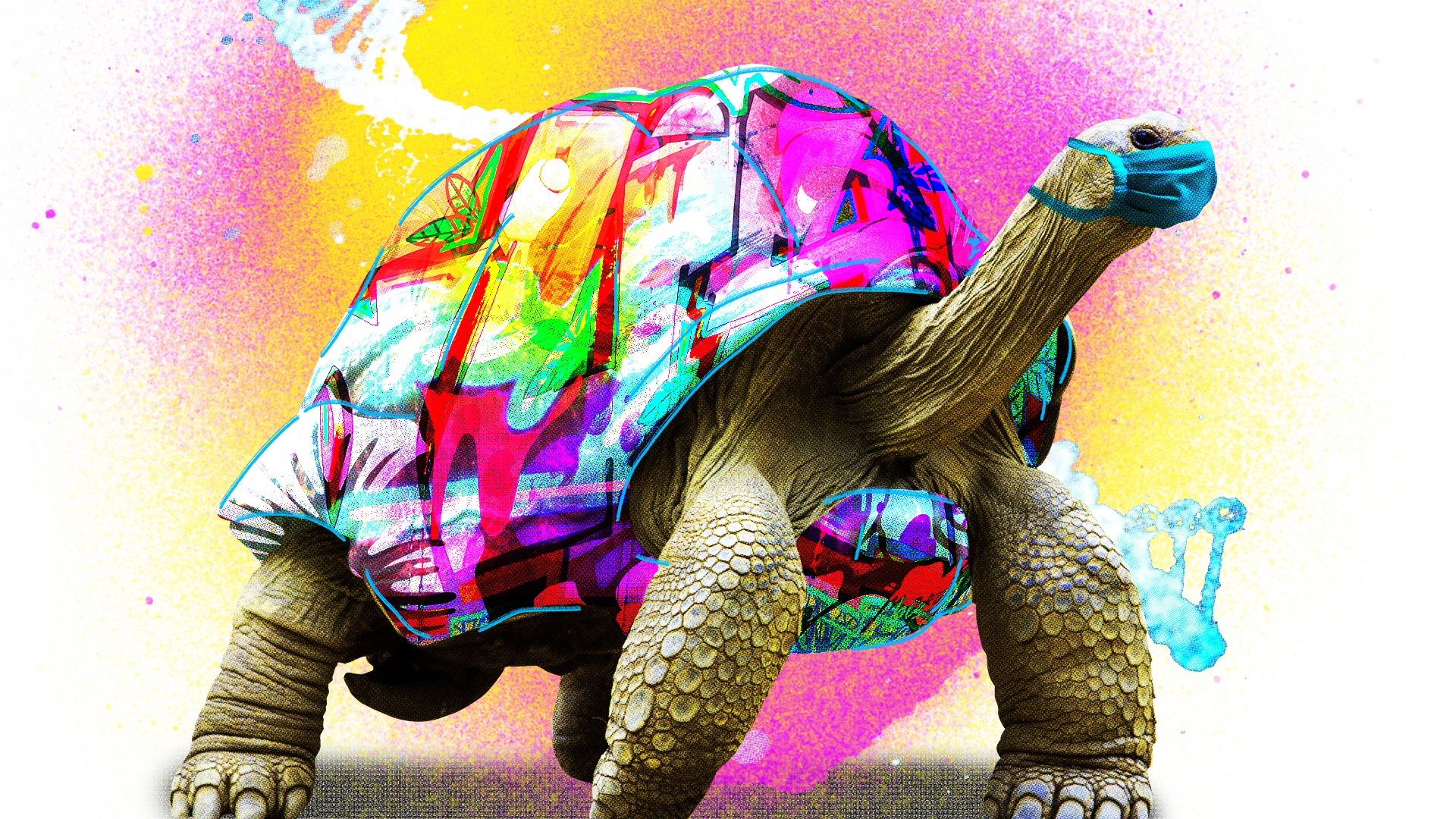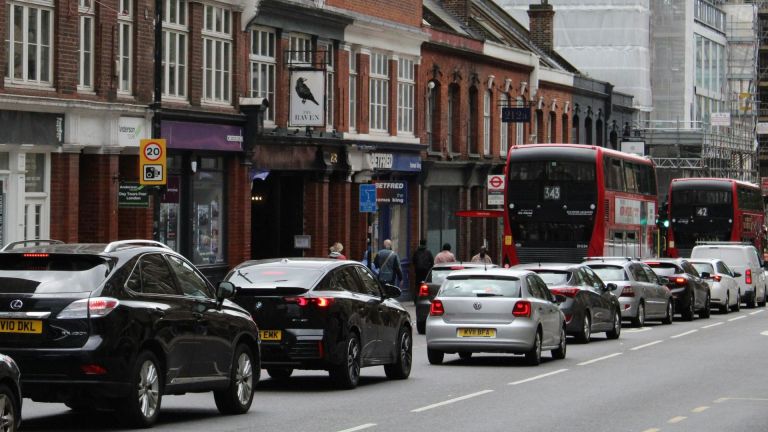After a year in which there was only really one headline in the health news – indeed, only one headline in the news overall – it might seem like a strange time to be launching a book which makes the case that ageing is our greatest challenge when it comes to human health.
But the pandemic has only emphasised the urgency of the case. As we hopefully get coronavirus under control during 2021, it’s time to look to a brighter future – and the fascinating anti-ageing science which is going to help us get there.
We first need to understand what ageing is, from the perspective of a biologist. A simple definition is to look at how our risk of death varies depending on how old we are. Coronavirus provides a timely case study: your risk of death if you catch Covid doubles every six years or so, starting out rather modest in children or young adults, but eventually climbing incredibly rapidly to maybe five per cent or 10 per cent in over-85s.
Overall, our risk of death doubles about every eight years as we get older
The fundamental reason older people are at greater risk from coronavirus is because of changes in biology as we age. As we age, our bodies slowly move from a state of relative order, to one which is chaotic and disordered. This affects everything from our DNA up. Of particular relevance to Covid, our immune systems weaken in their response to external threats. This is at the same time as developing a paradoxical hyperactive, destructive streak towards our own bodies.
Lockdowns have taken income away from hundreds of Big Issue sellers. Support The Big Issue and our vendors by signing up for a subscription.
This is reflected in our risk of death from other causes too. Our fraying DNA can result in a cell acquiring the mutations needed to turn into a cancer, while our distracted immune system is less able to spot the nascent tumour, allowing it to flourish. Other big killers of modern times like heart disease, stroke, dementia and so on can all be chalked up to the complex interactions of the various ways our bodies deteriorate on the cellular and molecular level as we age. Overall, our risk of death doubles about every eight years as we get older. This is strikingly similar to our risk from the threat of coronavirus.










